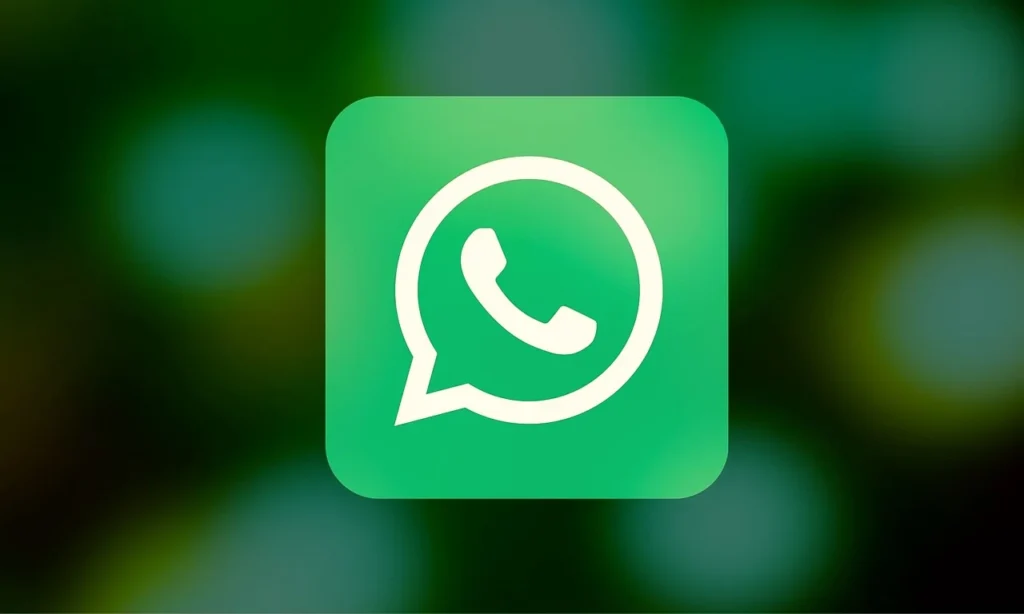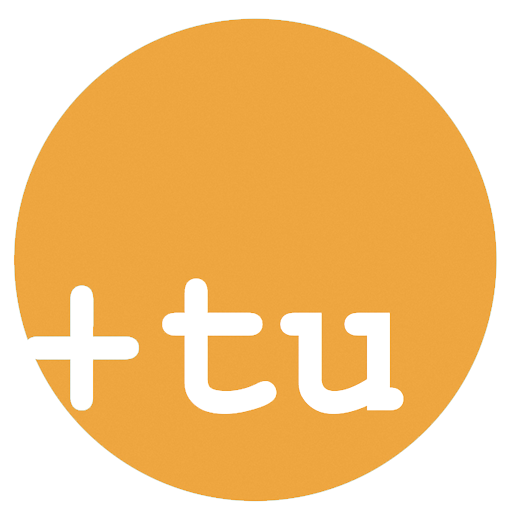|
Autora de las publicaciones New Queer Cinema: The Director’s Cut (Duke, April 2013) y Chick Flicks: Theories and Memories of the Feminist Film Movement (Duke University Press, 1998). Es profesora del Departamento de Cine y Medios Digitales y el Programa de Documentación Social en la Universidad de California, Santa Cruz, y anteriormente Profesora adjunta en el Programa de Cine de la Universidad de California, Berkeley. |
How do you see the current production of LGBT cinema in Latin America? What’s the importance of LGBT cinema in Latin America considering the current LGBT film climate around the world? Definitely, I look to Latin America for complexity and innovation in LGBT cinema. Since Javier Fuentes-León’s Contracorriente, though, I haven’t seen much. Curious to know what else is out there!
How would you compare LGBT cinema in Latin America with other LGBT national cinemas? Has it different characteristics? Yes, it has a greater attention to locality, to the cultural specificities of place, and to the relation between the individual and society. In some countries, there’s a greater sense of the mythic and historical in contrast to the greater individualism of Euro/Anglo/US directions. But Martel is in a class of her own, given how she takes these specificities and mythologies and applies them to such a complicated individual subjectivity.
What do you think are the most important challenges that LGBT cinema in Latin America must overcome (if any)? Do you think there’s a distinctive Latin Americanness that can be perceived or filters through LGBT cinema? I think that at certain points, yes, there has been a distinct Latin American tone. Now, I don’t know. I would think that there would be a much larger body of LGBT works out of Brazil and Argentina, for instance, but I haven’t seen them. It’s hard to get Latin American work shown in the US, and given that narrow niche, even harder for LGBT work. The Berlin Film Festival seems to be the gateway for a lot of it, so that venue should be a priority for filmmakers. I know that Wieland Speck (Berlin/Panorama/Teddy) was given an award this year by the Guadalajara Film Festival’s queer section, so clearly some inroads are being made to connect the two. Perhaps San Sebastien can take the lead!
Are there any specific movies or directors that you consider of key importance in the current wave of LGBT cinema in Latin America? Yes: The work of Lucrecia Martel (and some by Lucía Puenzo) in Argentina, Karim Ainouz in Brazil, and in Mexico, Julián Hernández. These three are essential for anyone interested in LGBT cinema in Latin America, while Puenzo’s first two (El niño pez and XXY are also very important).
Earlier, I would count Tomas Gutierrez Alea’s contribution with Fresa y chocolate as an essential intervention, as well as the great pioneer: the life’s work of Jaime Humberto Hermosillo in Mexico. There were numerous early gestures that deserve to be recognized: Paul Leduc’s inclusion of a lesbian affair in his Frida (Mexico), Diego Lerman’s sexy caper movie Tan de repente (Argentina), the sexual charge between Assumpta Serna and Dominique Sanda in Maria Luisa Bemberg’s Yo la peor de todas (Argentina/Mexico).
Do you think that LGBT cinema is recognised nowadays in international film circuits and film festivals? I do, but it’s a limited interest.
Can you talk us about what you are working with now, or your last book? I have been very busy with my first year as Editor of Film Quarterly, the oldest film journal in the U.S. and with my teaching at the UC Santa Cruz, where I am active in the graduate program in Social Documentation (students making documentaries in the service of social justice, really wonderful work).
My last book was published in 2013: New Queer Cinema: The Director’s Cut (Duke University Press) and I’ve been thrilled by the reviews and response. There is an entire section of the book devoted to Latin American LGBT cinema. My dream would be to see it translated into Spanish. I presented a symposium based on the book at the film festival in Havana last year and was awarded the “Maguey Queer Icon” award at Guadalajara in March 2014. There, I was thrilled to be able to present a copy to the legendary David Ramón.
Artículos Relacionados
Eman izena Gehituren Whatsapp taldean

Gure ekintzen berri izan nahi Whatsapp bidez? Zure mugikorreko kontaktuetan Gehituren zenbakia sartu 607 829 807 eta bidali ALTA hitza eta IZEN-ABIZENAK, hedapen-zerrendan sar zaitzagun. Mezu horiek jasotzeari utzi nahi izan ezkero berriz, bidali BAJA hitza.



